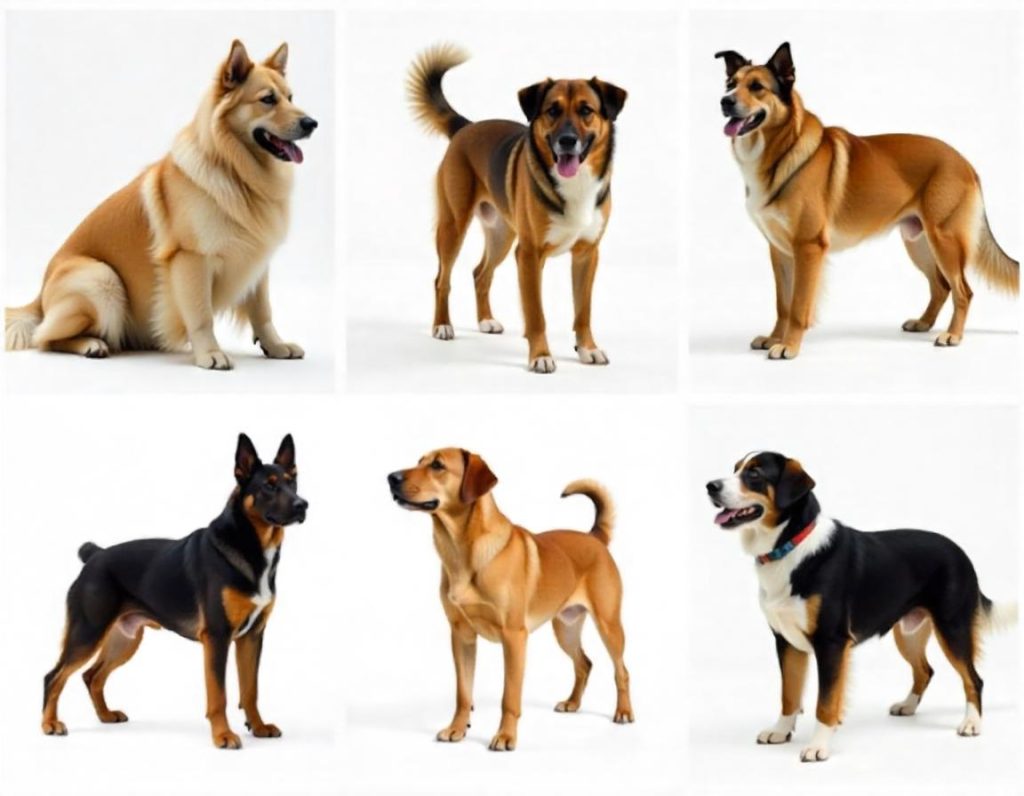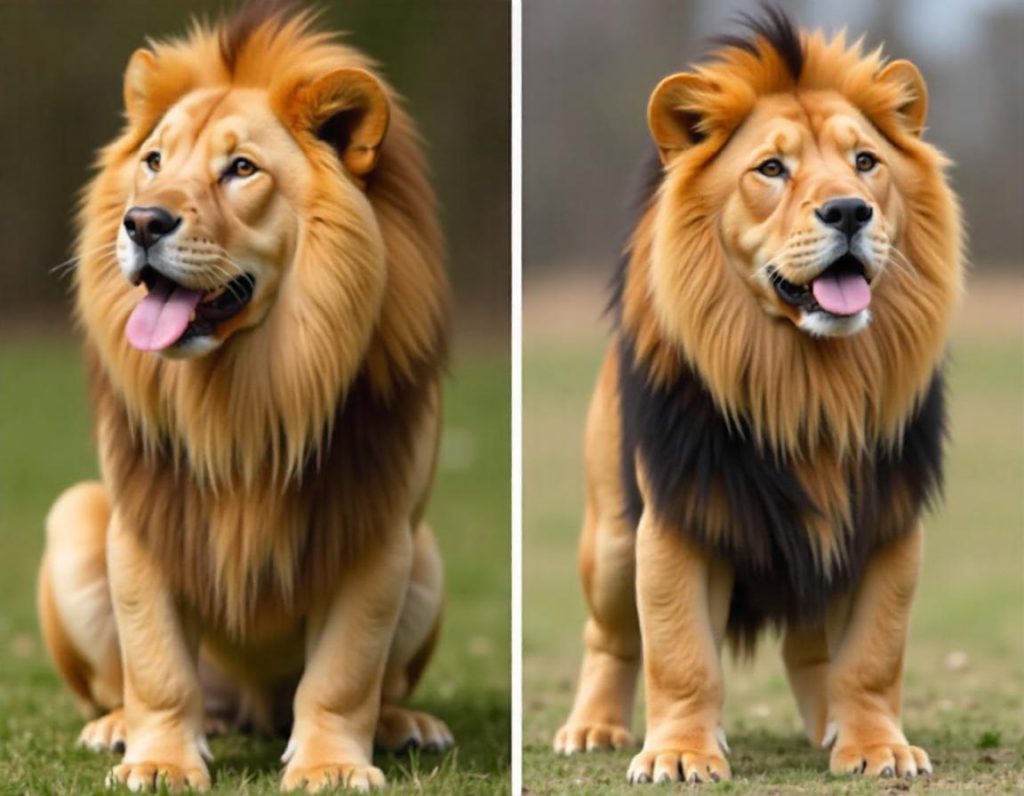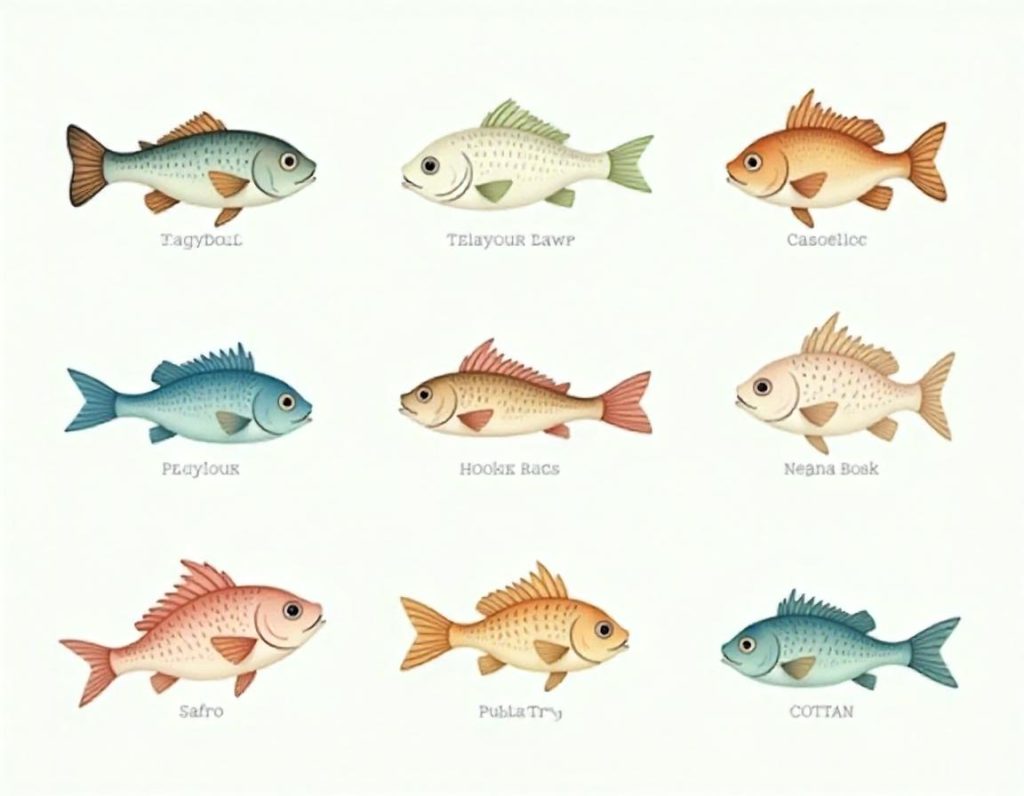Healthiest Dog Breeds: Finding the Perfect Companion for a Vibrant Life
When it comes to choosing a dog, many factors come into play—temperament, size, energy level, and grooming needs are just a few considerations. However, one of the most important aspects to think about is the overall health of the breed. Opting for one of the healthiest dog breeds can save you from frequent vet visits, costly medical bills, and heartache down the road. In this article, we’ll explore some of the healthiest dog breeds, what makes them stand out, and how you can ensure your furry friend stays happy and healthy throughout their life.
Why Choose a Healthy Dog Breed?
Before diving into the list of the healthiest dog breeds, let’s talk about why selecting a breed with fewer health issues is so crucial. Dogs, like humans, can be prone to genetic conditions that affect their quality of life. Some breeds are more susceptible to ailments such as hip dysplasia, heart disease, or allergies due to their genetics. By choosing a healthier breed, you’re not only investing in a longer lifespan but also ensuring a better quality of life for both you and your pet.
Moreover, healthier dogs often require less intensive care, which can reduce stress and financial burdens on their owners. That said, no breed is completely immune to health problems, so proper care, nutrition, and regular vet check-ups are still essential. Now, let’s take a closer look at some of the healthiest dog breeds and what sets them apart.
1. Australian Cattle Dog: The Energetic Workaholic
The Australian Cattle Dog (ACD) is renowned for its robust health and incredible stamina. Originally bred to herd cattle across vast distances, this breed thrives on physical activity and mental stimulation.
Key Traits
- Lifespan: 12–16 years
- Common Health Issues: Generally healthy, though some may experience hip dysplasia or deafness.
- Temperament: Intelligent, loyal, and highly active.
Why It’s One of the Healthiest Dog Breeds
The ACD has a strong genetic foundation thanks to its working heritage. Their active lifestyle helps prevent obesity and related health issues, contributing to their longevity.
Care Tips
Provide plenty of exercise, including long walks, hikes, or agility training. Mental challenges, such as puzzle toys or obedience classes, keep their sharp minds engaged.
Fun Fact
An Australian Cattle Dog named Bluey holds the record for the oldest dog ever, living to the ripe age of 29!
2. Siberian Husky: The Hardy Arctic Explorer
Siberian Huskies are strikingly beautiful with their piercing blue eyes and thick double coats. Beyond their appearance, they’re also considered one of the healthiest dog breeds due to their resilience and adaptability.
Key Traits
- Lifespan: 12–14 years
- Common Health Issues: Hip dysplasia and eye conditions like cataracts.
- Temperament: Friendly, outgoing, and independent.
Why It’s One of the Healthiest Dog Breeds
Huskies were originally bred to pull sleds in harsh Arctic climates, giving them a sturdy build and high tolerance for extreme weather. They tend to have fewer chronic health issues compared to other medium-sized breeds.
Care Tips
Brush their coat regularly to manage shedding, especially during seasonal changes. Huskies need ample exercise, so daily runs or playtime are a must.
Important Note
Their strong prey drive means they may wander if not properly secured or trained.
3. Basenji: The Barkless Wonder
Known as the “barkless dog,” the Basenji is unique not only for its lack of barking but also for its exceptional health. This ancient breed hails from Africa and was originally used for hunting.
Key Traits
- Lifespan: 13–14 years
- Common Health Issues: Fanconi syndrome (a kidney disorder), though responsible breeding has reduced its prevalence.
- Temperament: Independent, curious, and cat-like in behavior.
Why It’s One of the Healthiest Dog Breeds
Basenjis have a natural resistance to many diseases common in other breeds. Their athleticism and self-grooming habits make them relatively low-maintenance.
Care Tips
Provide interactive toys and puzzles to satisfy their curious nature. Regular vet check-ups are important to monitor kidney function.
Fun Fact
Basenjis clean themselves like cats, making them one of the cleanest dog breeds!
4. Greyhound: The Speedy Couch Potato
Despite their reputation as racing dogs, Greyhounds are surprisingly laid-back at home. They’re also among the healthiest dog breeds, with few inherited health problems.
Key Traits
- Lifespan: 10–14 years
- Common Health Issues: Minor concerns like dental disease or bone fractures.
- Temperament: Gentle, affectionate, and surprisingly lazy indoors.
Why It’s One of the Healthiest Dog Breeds
Greyhounds have a lean body structure that minimizes joint stress, and their calm demeanor reduces anxiety-related issues.
Care Tips
While they enjoy short bursts of sprinting, Greyhounds don’t require excessive exercise. A daily walk and occasional playtime suffice.
Pro Tip
Adopting a retired racing Greyhound gives these graceful dogs a second chance at a loving home.
5. Border Collie: The Brilliant Athlete
Border Collies are widely regarded as the smartest dog breed, excelling in agility, herding, and obedience. Their intelligence and hardiness make them one of the healthiest dog breeds when properly cared for.
Key Traits
- Lifespan: 12–15 years
- Common Health Issues: Hip dysplasia and epilepsy, though reputable breeders screen for these conditions.
- Temperament: Energetic, intelligent, and work-oriented.
Why It’s One of the Healthiest Dog Breeds
Their active lifestyle and sharp minds contribute to their overall well-being. Proper socialization and training further enhance their mental and physical health.
Care Tips
Engage them in activities like flyball, frisbee, or advanced obedience training. Without sufficient stimulation, they may develop destructive behaviors.
Fun Fact
Border Collies can learn over 1,000 words and commands, showcasing their remarkable intelligence.
6. Beagle: The Playful Scent Hound
Beagles are small, friendly, and endlessly entertaining. Despite their compact size, they’re incredibly hardy and rank among the healthiest dog breeds.
Key Traits
- Lifespan: 10–15 years
- Common Health Issues: Epilepsy and hypothyroidism, though generally rare in well-bred lines.
- Temperament: Curious, cheerful, and food-motivated.
Why It’s One of the Healthiest Dog Breeds
Beagles’ robust immune systems and adaptable nature make them resilient to many illnesses. Their playful personalities ensure they stay active and fit.
Care Tips
Keep an eye on their diet, as Beagles are prone to overeating. Daily walks and scent-based games tap into their natural instincts.
Fun Fact
Beagles have an extraordinary sense of smell, second only to Bloodhounds.
7. Poodle: The Elegant All-Rounder
Poodles come in three sizes—standard, miniature, and toy—and all share the same impressive health profile. Known for their hypoallergenic coats and sharp intellect, Poodles are consistently ranked among the healthiest dog breeds.
Key Traits
- Lifespan: 10–18 years (depending on size).
- Common Health Issues: Addison’s disease and hip dysplasia, though careful breeding mitigates risks.
- Temperament: Intelligent, elegant, and highly trainable.
Why It’s One of the Healthiest Dog Breeds
Poodles benefit from centuries of selective breeding, resulting in a robust constitution and minimal shedding. Their versatility suits various lifestyles.
Care Tips
Regular grooming is necessary to maintain their curly coats. Mental stimulation through training or interactive toys keeps them sharp.
Fun Fact
Poodles originated as water retrievers in Germany, where their distinctive haircuts helped improve swimming efficiency.
8. Shiba Inu: The Spirited Fox-Like Companion
Shiba Inus are small, spunky dogs with a fox-like appearance and independent spirit. Their hardiness and minimal health issues make them one of the healthiest dog breeds.
Key Traits
- Lifespan: 12–15 years
- Common Health Issues: Patellar luxation and allergies, though generally minor.
- Temperament: Bold, alert, and somewhat aloof.
Why It’s One of the Healthiest Dog Breeds
Shibas’ compact size and moderate exercise needs reduce strain on their bodies. Their stoic nature means they rarely suffer from anxiety-related ailments.
Care Tips
Early socialization is key to preventing stubbornness. Brush their coat weekly to minimize shedding.
Fun Fact
Shiba Inus are Japan’s national treasure and were nearly extinct after World War II.
FAQs About the Healthiest Dog Breeds
Q: Are mixed-breed dogs healthier than purebreds?
A: Mixed-breed dogs often benefit from hybrid vigor, reducing the risk of inherited disorders. However, many purebreds, like those listed here, are bred responsibly and remain very healthy.
Q: How can I ensure my dog stays healthy?
A: Provide balanced nutrition, regular exercise, routine vet visits, and preventive care like vaccinations and parasite control.
Q: Do smaller dogs live longer than larger ones?
A: Yes, smaller breeds typically have longer lifespans due to slower aging processes and reduced strain on their bodies.
Q: Can I adopt a healthy dog from a shelter?
A: Absolutely! Many shelters conduct thorough health screenings before adoption, ensuring you bring home a healthy companion.
Final Thoughts
Choosing one of the healthiest dog breeds is a step toward a fulfilling and worry-free relationship with your canine companion. While genetics play a significant role in a dog’s health, responsible ownership is equally vital. By providing proper care, attention, and love, you can maximize your dog’s potential for a long, happy life.
Whether you opt for an energetic Australian Cattle Dog, a gentle Greyhound, or a clever Poodle, remember that every breed brings something special to the table. So, take your time, do your research, and welcome a furry friend who will enrich your life in countless ways.





